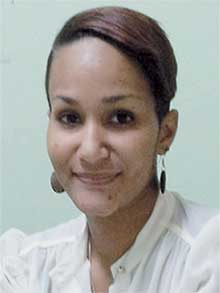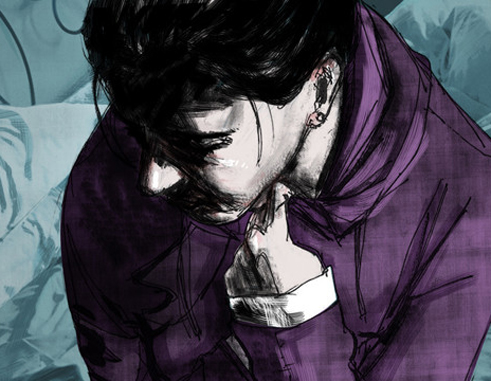
“HOW can she still be complaining about this?” “Why hasn’t she moved on?” “He didn’t really hurt her.”
So often these phrases are uttered to survivors of sexual violence. Do we need to see the remnants of the physical scars to believe that one is still suffering to allow them to continue to be angry? It’s almost as if having a physical scar gives one a little extra leeway to be upset, annoyed and mentally tormented by what was done to them.
Our society doesn’t allow survivors of sexual violence to be in pain, primarily because our society does not understand their pain. We started the articles on Sexual Violence Education and Validation in December 2011, and over six years later, what has truly changed?
We find it is easier to accept that one would still be hurting if we can see something left behind after the attack, otherwise one is expected to put it behind them, forgive, move on. We fail to connect with the pain of the individual who has been assaulted because we don’t understand.
There is a lack of education on the issues that arise out of sexual violence, which leads to a great lack in sensitivity. Our children are being abused and are still questioning whether an incident was indeed a form of sexual assault. We have to see this as a problem, that there is not enough education for our children to know when they are victims of an assault or when they are perpetrating an assault.
Why is it so easy to dismiss the conversation of sexual violence? Do we believe we are immune to these kinds of cases? The conversation is important, it is necessary. Too many are able to say ME TOO, I AM A SURVIVOR. I never told anyone because I didn’t think they would believe me, or I told someone and they told me it was my fault.
We are not privy to a survivor’s pain behind closed doors. We are not aware of the psychological pain that continuously plagues them. Survivors of sexual violence are left with deep wounds that sometimes never heal. The invisible scars; the innocent touch that brings back a flood of terrifying memories, the movies that you can’t sit through because of the images that flash before your eyes. The silent guilt, shame and fear that one feels after being sexually assaulted. The feelings of isolation because no one will understand what you have been through and what you continue to go through, the lack of self-worth and self-love. The constant fear that one will fall victim to the crime of sexual violence again.
These are the invisible scars that are left behind. These are the scars the public will never see. It is easier for you, the members of society, to ignore sexual violence survivors/victims when you can’t see the scars. Know that the scars are there nonetheless. Know that any survivor of sexual violence has scars and wounds that you will never see, but know those scars, in most cases take the longest to heal. Know those are the wounds that cause constant pain that no Band-Aid will fix.
Our society doesn’t provide many avenues for healing but as individuals we should do our part to help survivors. Know that 1 in 6 females (American statistics) is sexually assaulted and one 1 in 33 males (again, American statistics, Rainn.org). I mention these numbers to let you know that more than likely you know more than one survivor of sexual assault who is afraid to speak up.
Your actions have a lasting impact on your friend’s/family member’s recovery. Let us begin to create a more supportive environment for survivors of sexual violence. I implore you to stop blaming them for crimes that were committed against their will. Do your part to help bring perpetrators of this crime to justice.
It is YOUR BUSINESS if you know someone is being sexually violated, to DO SOMETHING. IGNORANCE ISN’T BLISS. It is time we start the conversations about sexual violence, as EDUCATION IS KEY. It is time that we actually start to do more to address the issues of sexual violence. MORE ACTION IS NEEDED.
We at PROSAF are always here to listen and support you. Feel free to contact us via the information below. If you are interested in becoming a sexual assault advocate, please contact us for further information. Remember, you are not alone. You are strong and brave. You will get through your healing process but it takes time and patience. We are here to help and listen. Feel free to contact us if you ever need a place to offload or vent. We are available for group and individual counseling.
Yours Sincerely,
SouyenneDathorne, Velika Lawrence
Email: [email protected] — [email protected]
Facebook: SURVIVING SEXUAL ABUSE IN THE CARIBBEAN: https://www.facebook.com/pages/PROSAF-Surviving-Sexual-Abuse-in-the-Caribbean/165341356853908
Twitter: @PROSAF_SUEEZZY: https://twitter.com/PROSAF_Sueezzy
Webpage: http://www.prosaf.net (under construction)
http://prosaf.tumblr.com/
http://www.pinterest.com/prosaf/boards/
http://ssaitco.wordpress.com/
Telephone: 1-758-724-9991 (Sue) or 1-758-723-6466 (Vel)






